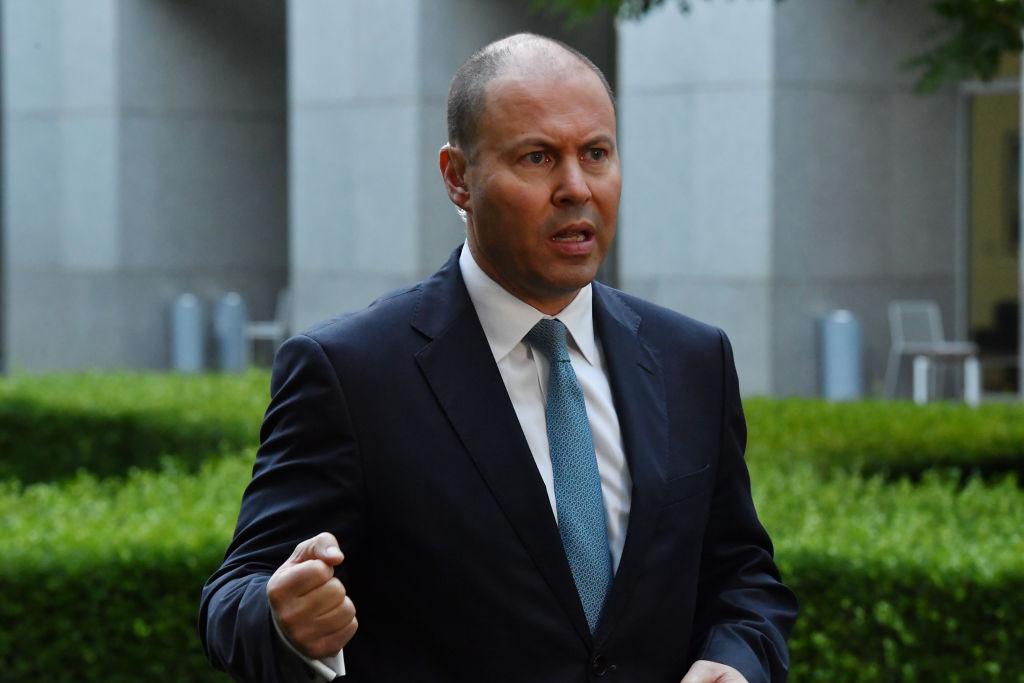Australian Treasurer Josh Frydenberg said the “extraordinary” powers given to state premiers during COVID-19 should slowly diminish as the economy bounces back and life returns to normal.
“The pandemic’s been pretty unusual in the sense it’s elevated the role of premiers to a prominence, I suspect, they haven’t had for decades,” Frydenberg told The Australian Financial Review.





